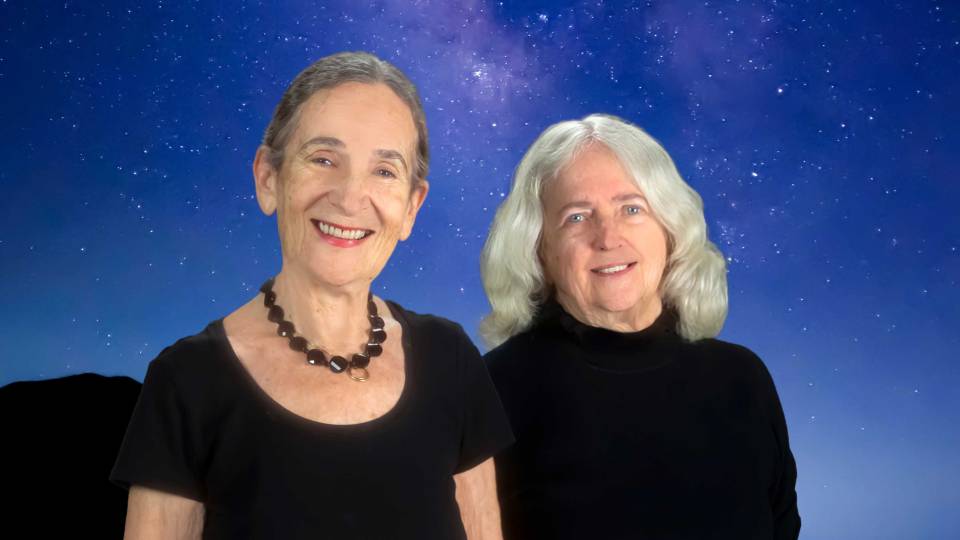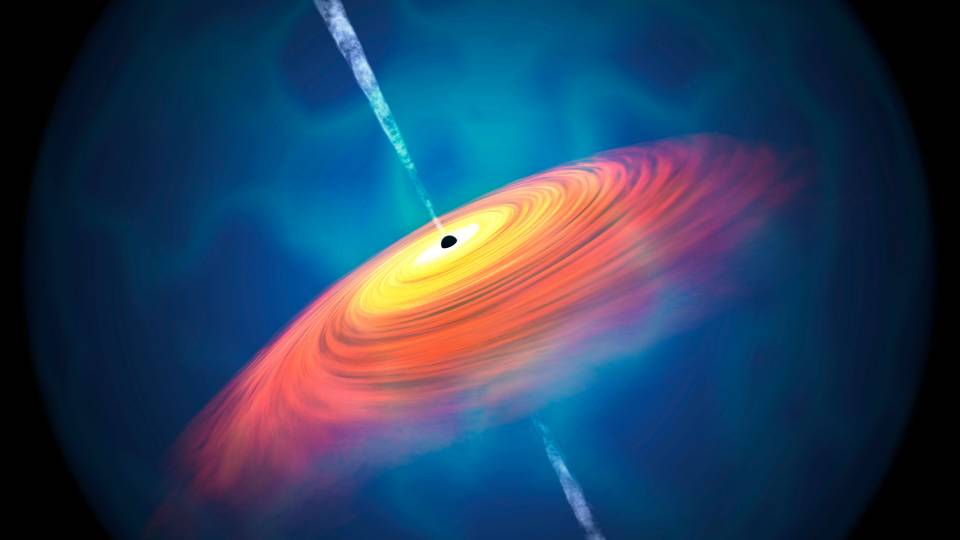When astrophysicist Neta Bahcall looks at the night sky, she sees not only the stars but also, in her imagination, all the deep space that exists behind them. She sees the detailed structure and ancient remnants of light that reach to the beginning of the universe.
This is not a private moment. It is an experience that she has related many times to students, stoking and nurturing in them the same sense of wonder that has propelled her through her own career. For more than 30 years, Bahcall has helped answer such fundamental questions as the weight, structure and fate of the universe. Insights that once put her at odds with many in her field are now building blocks of modern astronomy.
Bahcall has developed her arguments in scores of journal articles that, according to colleagues, display a solidity of reasoning that is uncommon even among scientists. And she conveys the often-startling picture that emerges with a passion that, according to her students, sets her apart among the best of teachers.
"I always tell them I find it just amazing that we can sit here on Earth, just human beings on this one planet out of billions and billions of stars and planets, and figure out how the universe began and how all this structure was created. I find that just mind-boggling," said Bahcall. "That is what got me excited about astronomy and that is what I tell the students."
Bahcall has served since 1990 as the undergraduate representative for the Department of Astrophysical Sciences , making her the person to whom students go for advice on everything from course selections to graduate school applications. Her enthusiasm for the job has left its mark on a growing number of young researchers.
"She really was, I have to say, the most influential person in my career so far," said Debbie Freedman, who graduated a year ago and is now starting a Ph.D. program in astrophysics at Harvard University. "She is definitely a role model for me."
Bahcall also has led the department in expanding its offerings for students outside the department, particularly for those who are not majoring in scientific fields. She recruited three of the department's most engaging lecturers, Richard Gott, Michael Strauss and Neil Tyson, to team teach a survey course, "The Universe," which draws 250 students and is one of the most popular classes on campus.
Such initiatives have caused the number of students annually enrolled in astrophysics classes to grow from 40 a decade ago to about 350 now. This year, the number will be even higher, nearly 500 students, with the addition of "Theories of the Universe: From Babylon to the Big Bang," a fall semester course taught by visiting professor Joseph Patterson of Columbia University.
The full story is available in the Weekly Bulletin.
Contact: Evelyn Tu (609) 258-3601



